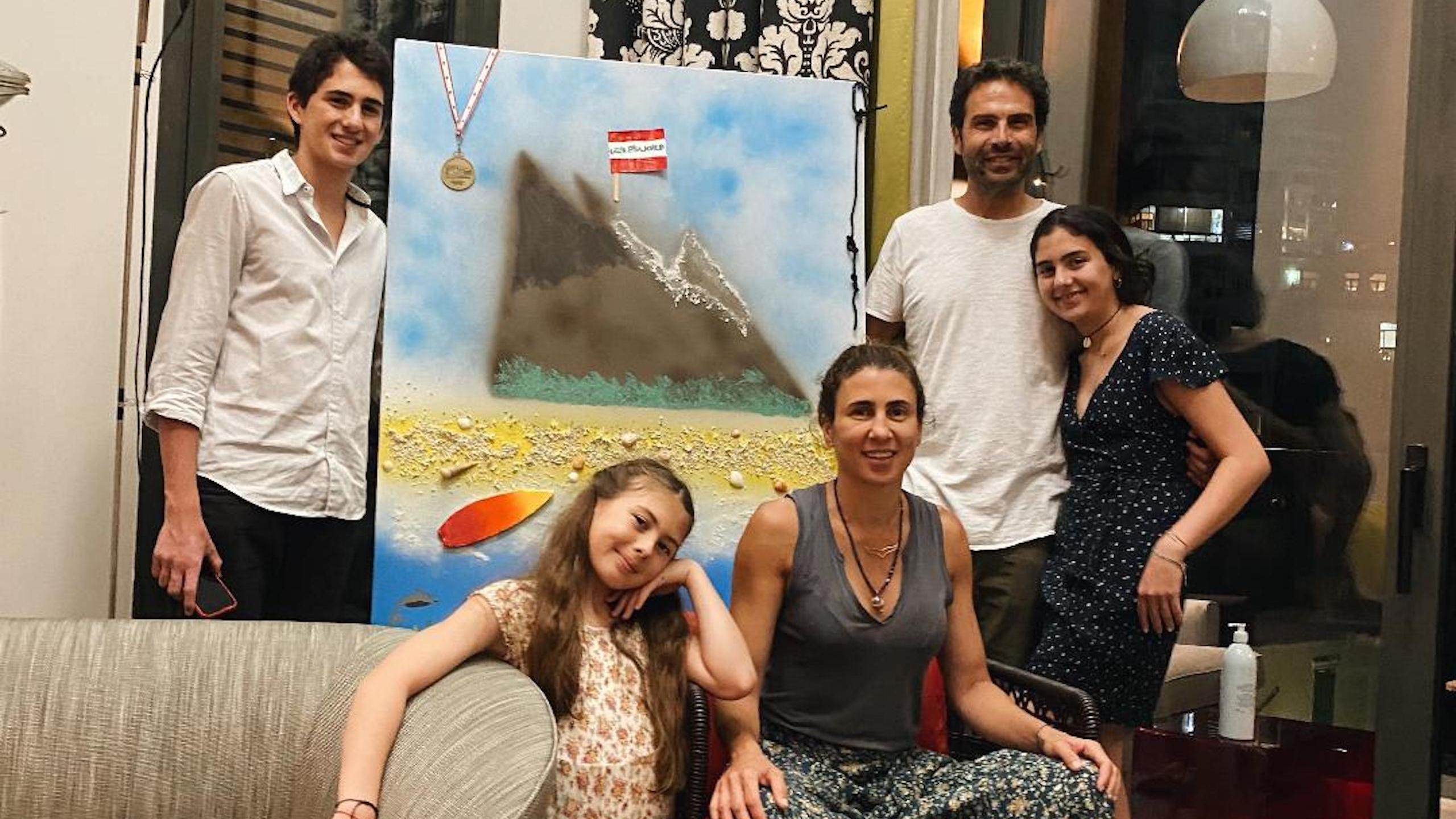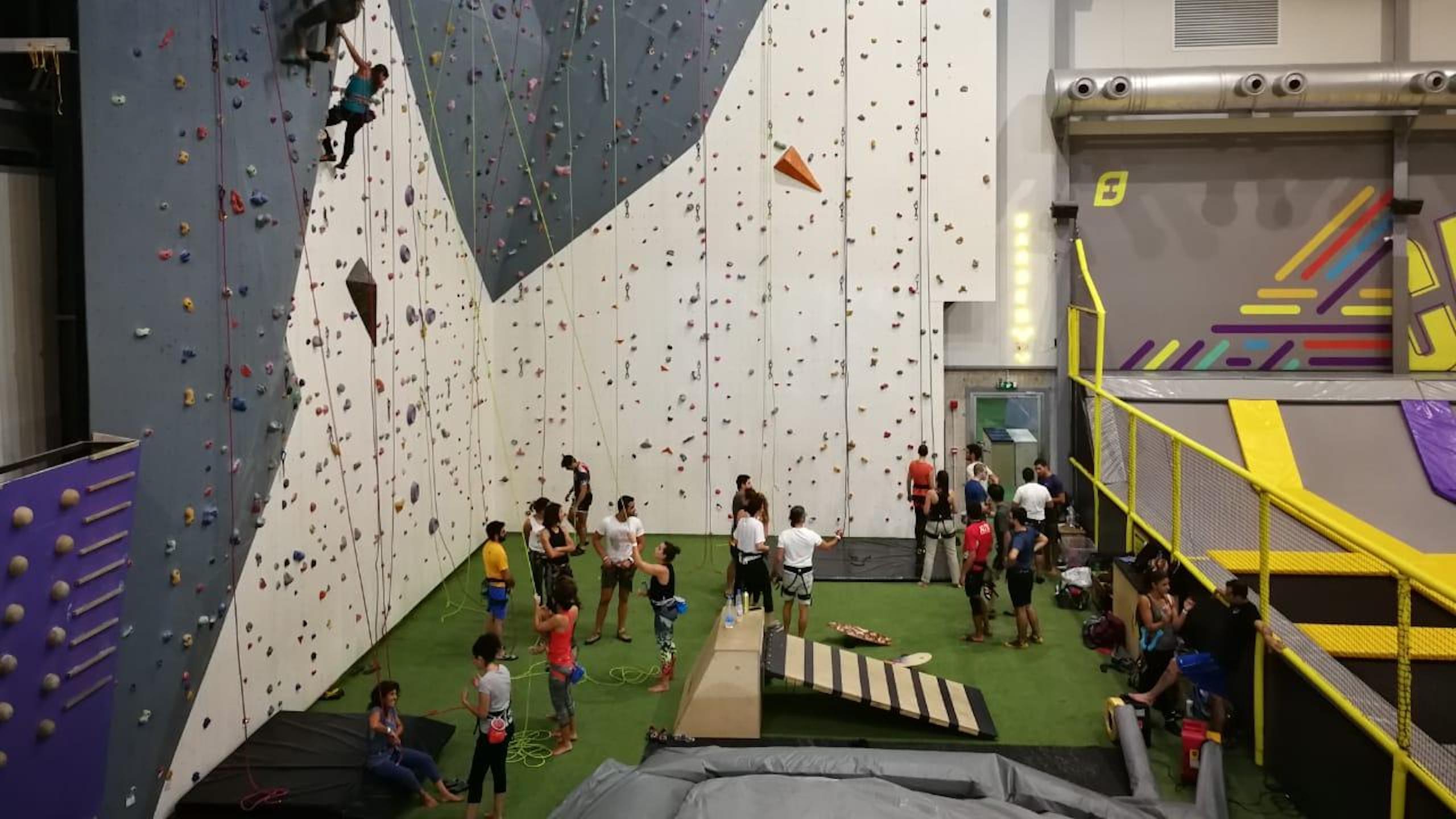In April 1975, a 15 year-long civil war broke out in Lebanon which caused 120,000 casualties and forced almost one million Lebanese to flee the country.
The clashes, mainly but not solely, occurred between the pro-western Maronite Christians, also called Phalanges, and the Lebanese National Movement (LNM), that consisted of Muslims and Palestinians. In the course of the events, LNM joined forces with the Palestine Liberation Organisation (PLO), an armed formation that arrived from Jordan in 1970.
The conflict evolved with the interventions of Israel and Syria and the involvement of the Multinational Forces (MNF) which consisted of the United States, France, Italy and later Great Britain, but withdrew in 1984.
The war climaxed in the Ta’if Agreement of 1989, in which the Arab League began to debate a Lebanese parliament on the basis of parity as a solution for the conflict with additional peacekeeping troops in the country.
This plan however could only be realised after the anti-Syrian minded Prime Minister Michel Aoun was defeated in Oktober 1990. In the aftermath, the Maronite Aoun fled to France and the installed peacekeeping troops of the Arab League that already had mostly comprised of Syrian forces, grew to become the Syrian occupation of Lebanon.
Following the death of Syria’s President Hafez al-Assad in 2000 and the succession of his son Bashar al-Assad, the resistance of the Lebanese people against the occupation rose and built up to the Cedar Revolution in 2005. Consequently, in October 2005, Bashar al-Assad withdrew all Syrian troops from Lebanon.
That same year, Aoun returned to Lebanon and became Member of Parliament. He took office as President of Lebanon in 2016 and remains in power until this day.




